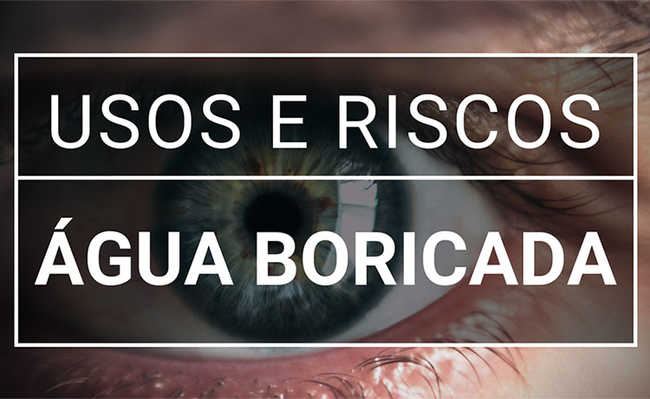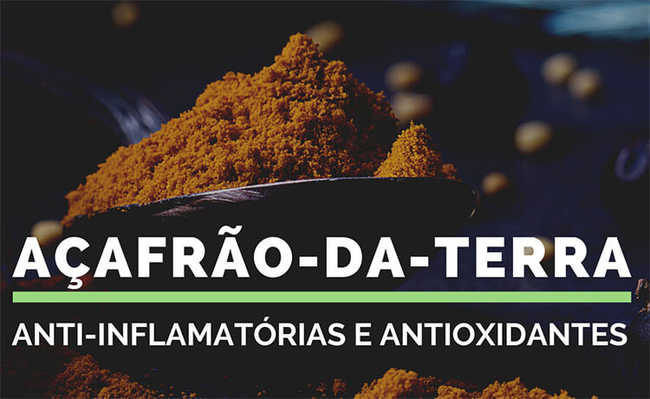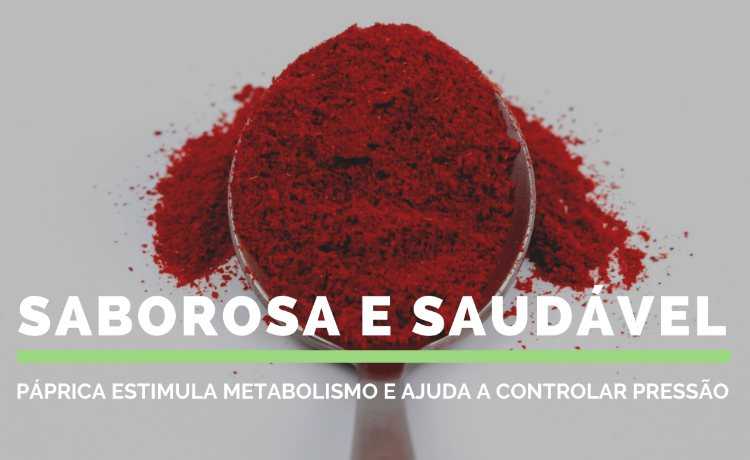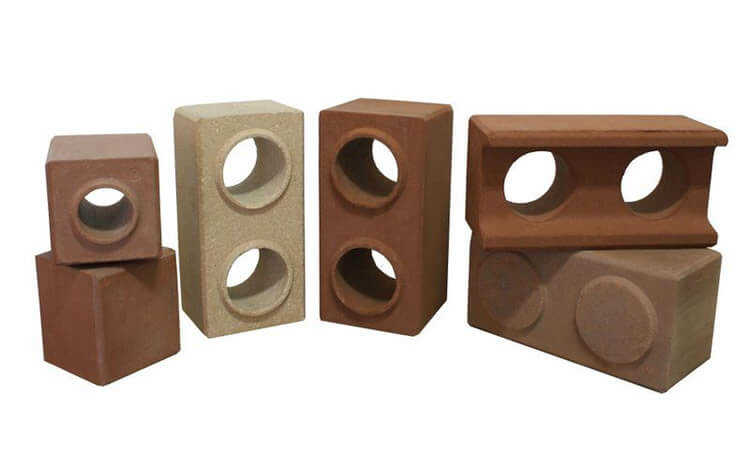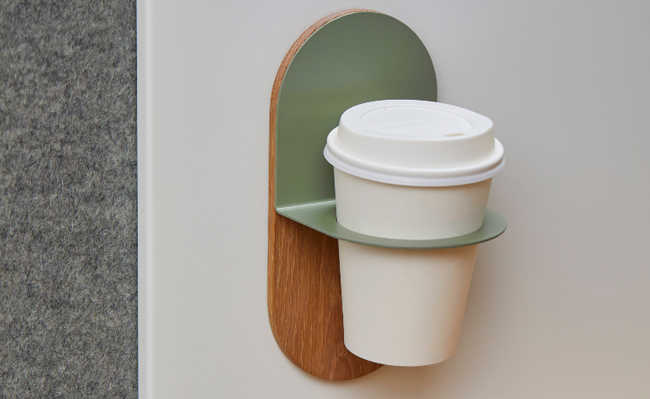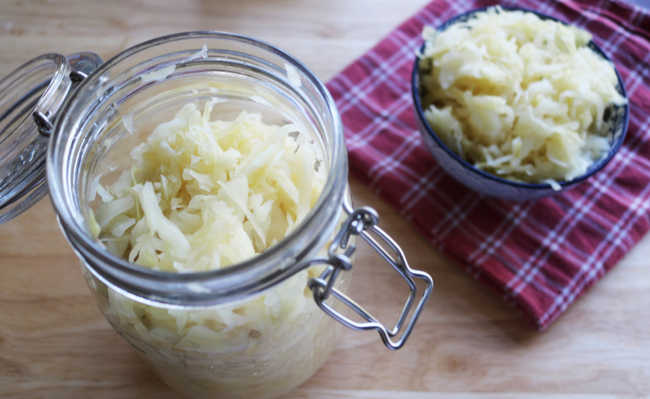More than half of our body is not human
Human cells make up just 43% of the body's total cell count, scientists say

It is not new that scientists study the relationship of the human body with the microorganisms that inhabit our interior to understand and seek cures for diseases ranging from allergies to Parkinson's disease. But the field of microbiology studies has expanded rapidly. Currently, researchers in the field estimate that only 43% of the total cells in our body are actually human. The rest is made up of micro-organisms, a hidden part of us called the human microbiome, which is critical to our life and health.
There are bacteria, viruses, fungi and archaea (organisms that were misclassified as bacteria, but with different genetic and biochemical characteristics) in every part of our body. The greatest concentration of these life forms is in the depths of our intestines, where there is little presence of oxygen. Professor Ruth Ley, director of the microbiology department at the Max Planck Institute, makes the provocation: "Your body is not just you" - it depends a lot on what you do with it.
Initially, scholars in the field thought that the proportion of microorganisms in the human body was one human cell for every 10 non-humans. Professor Rob Knight of the University of California told the BBC that this number has already been adjusted to something very close to one to one, with the current estimate that only 43% of our cells are actually human. “You're more microbe than human,” he jokes.
Genetically, the disadvantage is even greater. The human genome - the complete set of genetic instructions for a human being - is made up of 20,000 instructions called genes. However, putting together all the genes of our microbiome, it is possible to reach a number between 2 million and 20 million microbial genes.
Microbiologist Sarkis Mazmanian, from the California Institute of Technology, explains that we don't just have a genome. "The genes in our microbiome essentially have a second genome that expands the activity of our own genome." So she believes that what makes us human is the combination of our own DNA with the DNA of our gut microbes.
Science has now studied the role that the microbiome plays in the human body. Through digestion, for example, microorganisms regulate the immune system and protect our bodies against disease, in addition to producing essential vitamins. They completely transform our health - for the good, contrary to what is commonly thought. However, it is necessary to feed our "good bacteria" with healthy food, since when we eat a lot of fatty or low fiber food, for example, the probiotic bacteria rapidly decrease, making our digestive system more sensitive to colon diseases, among others. Read more about it:
- Dietary changes cause intestinal microflora to change quickly, study says
- Unraveling the microbes in our gut can help create new treatments
Check out the animation below, which illustrates the research being carried out on the human microbiome:
war against microbes
We use antibiotics and vaccines to fight diseases and agents like smallpox, Mycobacterium tuberculosis (bacteria causing tuberculosis) or MRSA (a type of bacteria resistant to several widely used antibiotics) with a large number of lives saved. However, some researchers believe that this constant attack on disease-causing "villains" also does untold harm to our "good bacteria."
"Over the past 50 years, we've done a great job of eliminating infectious diseases," said Professor Ley. "But we've seen a huge and frightening rise in autoimmune diseases and allergies." Changes in the microbiome, caused by combating pathogens, may be related to this increase in some diseases. Also Parkinson's disease, inflammatory bowel disease, depression, autism and the functioning of cancer drugs have been linked to the microbiome.
Another example is obesity. In addition to family history and lifestyle choices, there are studies on the influence of intestinal microbes on weight gain. Professor Knight carried out experiments using rats born in a completely sanitized environment - and who had lived their entire lives completely free of microbes. "We were able to show that if you take feces from lean humans and obese humans, and transplant the bacteria into mice, you can make the mouse leaner or fatter, depending on which microbiome you used," Knight explains. The great hope of this field of research is that microbes can be a new form of medicine.
- How often should we shower?
- Disinfecting the house: what are the limits?
Gold mine of information
Scientist Trevor Lawley, from Wellcome Trust Sanger Institute, is trying to cultivate the entire microbiome of healthy and sick patients. "When you're sick, there may be microbes missing, for example. The idea is to reintroduce them." He says there is growing evidence that restoring someone's microbiome "can really lead to improvement" in conditions such as ulcerative colitis, a type of inflammatory bowel disease.
Microbial medicine is in its early stages, but some researchers believe that monitoring our microbiome will soon become an everyday thing, capable of providing a gold mine of information about our health. "It's amazing to think that every teaspoon of your stool contains more DNA data from these microbes than could be stored on a ton of DVDs," says Knight.
They believe it is possible to develop DNA detection and analysis systems for these bacteria from human waste. "Part of our view is that in the not-too-distant future, as soon as you flush, some kind of instantaneous reading will be done and will tell you whether you're headed in the right or wrong direction," he says. It would be a truly transformative way of thinking about human health.
Source: BBC

